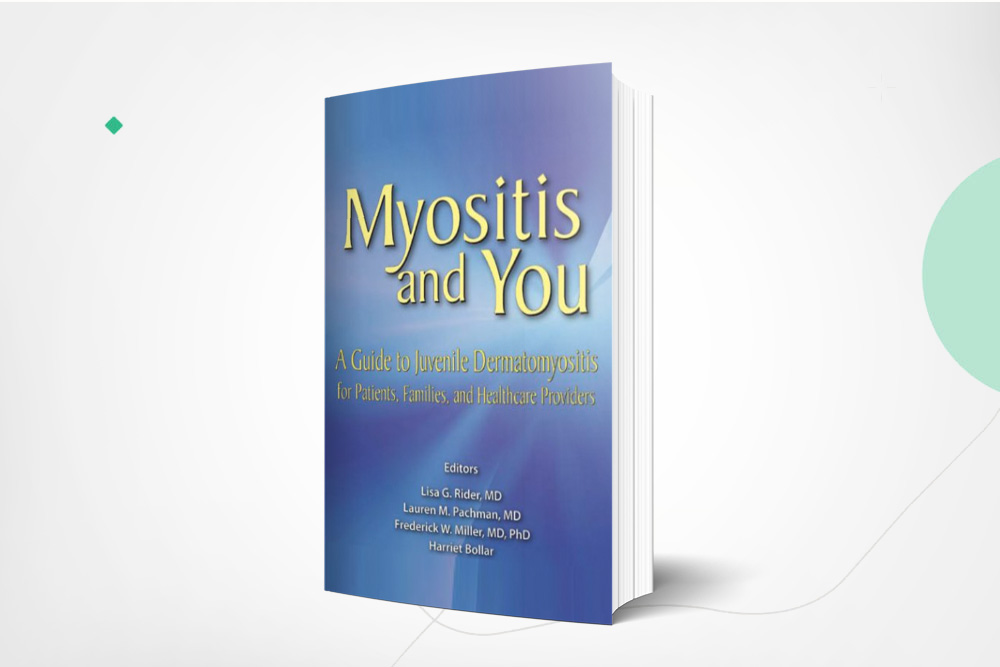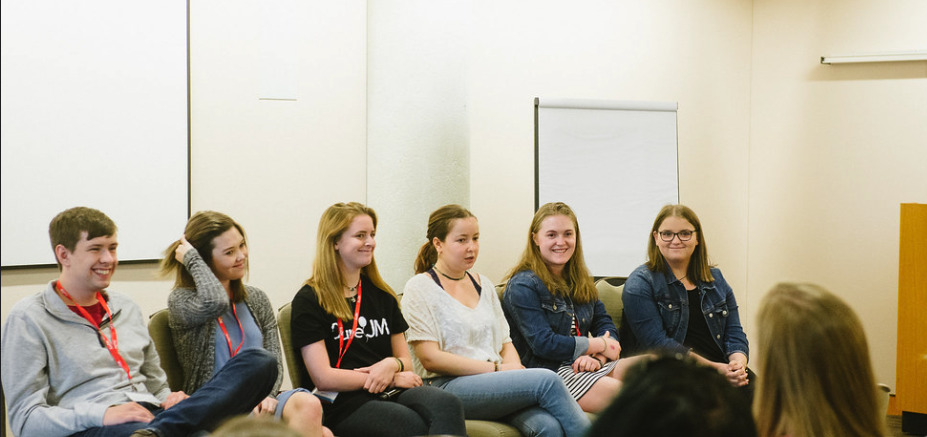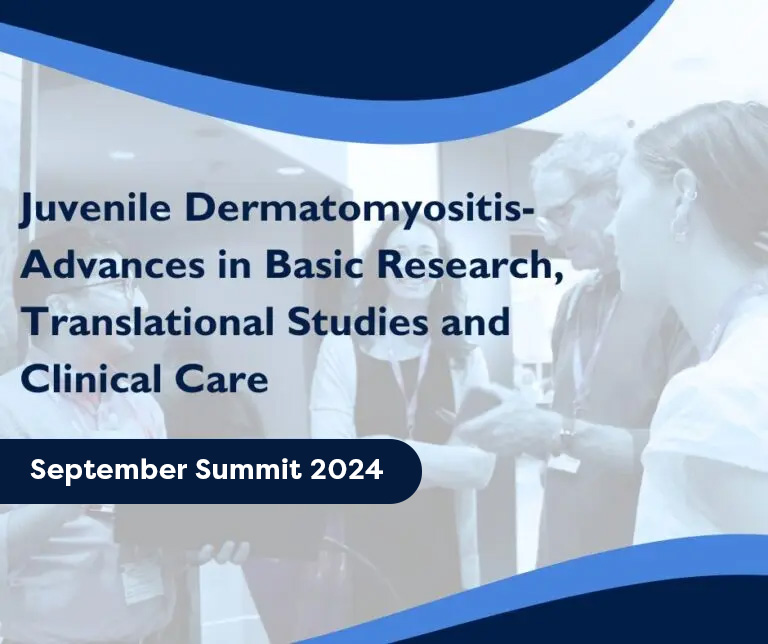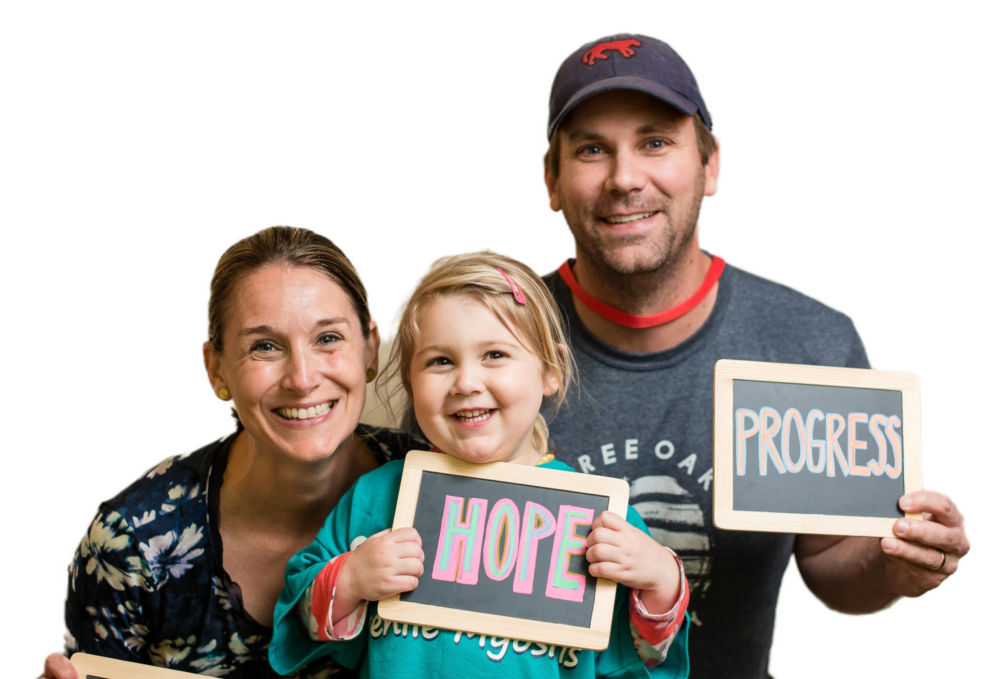Recently, the Cure JM Clinical Care Network hosted our first virtual symposium of 2024, “Juvenile Dermatomyositis – Advances in Clinical Care, Basic Research, and Translational Studies.” World-leading researchers and clinicians presented sessions on various topics with the primary goal of enhancing the overall patient and provider experience through collaboration and best practice sharing.
We are pleased to share each presentation and outcomes from each session below:
About this session:
This presentation covers how institutions can participate in the CARRA Registry and Biobank, which indications are part of the program, and how this program benefits research. Ms. Park answers questions regarding the program’s specifics.
About Karin Tse Park:
Ms. Park is the primary contact at the Childhood Arthritis and Rheumatology Research Alliance for the day-to-day management, integration, and operationalization of research programs and initiatives focused on the CARRA Registry and Biorepository. This includes oversight of internally and externally funded research studies leveraging the CARRA Registry. She collaborates with various rheumatology stakeholders, including pharmaceutical companies, government agencies, and non-profit partners. Before joining CARRA, she managed research programs and partnerships at the Lupus Foundation of America. Karin has a background in public health.
About this session:
This presentation covers how UCSF implemented a portal in the EPIC patient-management system dashboard and patient tracking tool. This portal was specifically designed to track key indicators of juvenile dermatomyositis disease activity. Dr. Kim shares how UCSF uses this tool to inform patient and clinician conversations, along with how the tool has led to patients and parents being able to take a more active role in their care. Learn the steps required should you wish to implement a similar tool for your JDM clinic.
About Dr. Susan Kim:
Dr. Kim is a Pediatric Rheumatologist and Clinical Professor of Pediatrics at UCSF, where she leads the Cure JM Center of Excellence. For over two decades, she has specialized with a long-term focus and passion for care and research for children and families impacted by juvenile dermatomyositis. Dr. Kim serves as the elected Chair for the Juvenile Dermatomyositis Research Committee of the Childhood Arthritis and Rheumatology Research Alliance (CARRA), the North American pediatric rheumatology research network. She also serves on the Cure JM Medical Advisory Board.
About this session:
Dr. Ardalan’s presentation highlights that emotional distress is common among patients with juvenile myositis and how to recognize the signs and signals of distress. Providers will also learn how dedicated mental health screening programs can help to identify patients who experience emotional distress and who might not otherwise come to clinicians’ attention. This session covers how to implement mental health screening into your rheumatology clinic and includes available resources.
About Dr. Kaveh Ardalan:
Dr. Ardalan’s clinical interests are in juvenile dermatomyositis, lupus, and scleroderma. His current research is focused on the impact of mental health on the physical health of juvenile myositis and other rheumatic diseases. His most recent study evaluates the relationships between psychological stress, inflammation, and cardiovascular health in juvenile dermatomyositis and lupus.
About this session:
In this presentation, we learn about the University of Michigan’s integrative 360-degree approach to its juvenile myositis clinic and how these strategies can be applied to other clinics. Dr. Turnier updates clinicians on how she integrated dermatology, psychology, and physical therapy into her clinic. The pediatric dermatologist addresses refractory skin disease, non-systemic topical treatments, and skin disease research associates. The pediatric psychologist screens all patients and provides treatment for depression, anxiety, chronic illness adjustment, and medication adherence. The physical therapist develops critical exercise programs to retain strength and prevent long-term muscle weakness and fatigue. Currently, about 60 juvenile myositis patients are seen at this clinic.
About Dr. Jessica Turnier:
Dr. Turnier is a Pediatric Rheumatologist and Physician Scientist. She established a juvenile dermatomyositis clinic to increase access to state-of-the-art clinical care and to integrate research with care. She also developed a juvenile myositis patient and family advisory council to partner with patients and families in improving care and the patient experience. Her research focuses on understanding the biochemical and cellular pathways underlying skin and systemic inflammation in JM. Her overarching goal is to identify novel biomarkers and therapeutic targets to develop personalized medicine approaches to treatment in juvenile myositis.
About this session:
Learn how Duke collects, stores, and uses biosamples and how researchers from other institutions can access these JDM samples to advance their own research projects.
About Dr. Jeff Dvergsten:
Dr. Dvergsten is a Physician-Scientist and Principal Investigator of the Cure JM grant, supporting the Cure JM Center of Excellence at Duke University. He is also the Principal Investigator of the Duke Myositis Biorepository. His research activities include investigating disease mechanisms in JM using -omics technologies, developing a biophysiological model of myositis, and evaluating new drug therapies.



